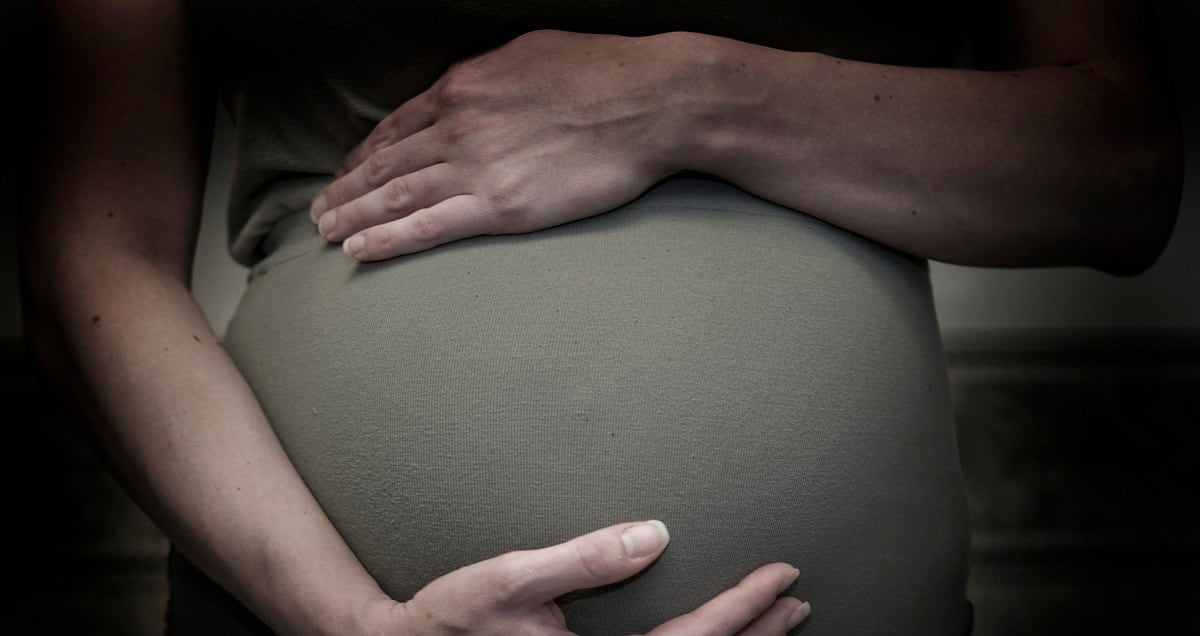Good news for new moms: A recent study found that airmen who wait 12 months to take their first physical fitness test after giving birth score higher than those who test at six months postpartum.
Women who took longer to recover from childbirth were 6.4% less likely to fail fitness tests than those who tested at the six-month mark, according to the study’s findings, published Dec. 11 in the journal Military Medicine.
“The prevalence of test failure at the first exam postpartum was 10.4% among 6-month testers, and 4% among 12-month testers,” the study found.
The research supports an Air Force policy change from 2015 that allowed postpartum airmen to defer PT tests for up to a year, allowing them more time to heal and train before facing a test that can affect their professional standing.
Researchers from the Air Force’s Biomedical Sciences Corps and the University of Nebraska compared the data of more than 6,700 mothers who gave birth from 2011 to 2019 in the military medical system.
Mothers who gave birth before March 6, 2015, were allowed to wait six months before jumping into routine PT testing. Those who had a child after that date became eligible for a 12-month hiatus.
The policy applies to those whose pregnancies reach at least 20 weeks, including miscarriages.
Active duty troops can receive up to 18 weeks, or six months, of convalescent and parental leave after childbirth. The previous policy required postpartum airmen to face a gauntlet of running, pushups and core exercises much sooner after returning to work.
Still, the women failed PT tests more often than before they had children. Neither group had returned to their baseline weight or abdominal measurements two years after giving birth. The airmen studied were closest to their prenatal measurements 12 months out.
Across the study, 7.5% of those included failed their required fitness test. Younger, single mothers in lower enlisted ranks fared worse than those in other demographics across the officer and enlisted corps.
Researchers noted they lacked data about the nutrition habits of the women that participated in the study, which may have affected PT test performance. Pregnancies resulting in miscarriages and stillbirths were also excluded from the data set.
Even so, the researchers concluded the Air Force’s decision to allow for 12 months of “dwell time” before requiring postpartum airmen to meet physical fitness standards is a step in the right direction.
“Allowing for a longer dwell time between tests may allow women to be at their best to support both their families and the mission, reduce risk for injury, and as indicated by our results, have higher levels of physical readiness at their first postpartum fitness test,” the study said.
Sarah Sicard is a Senior Editor with Military Times. She previously served as the Digitial Editor of Military Times and the Army Times Editor. Other work can be found at National Defense Magazine, Task & Purpose, and Defense News.





